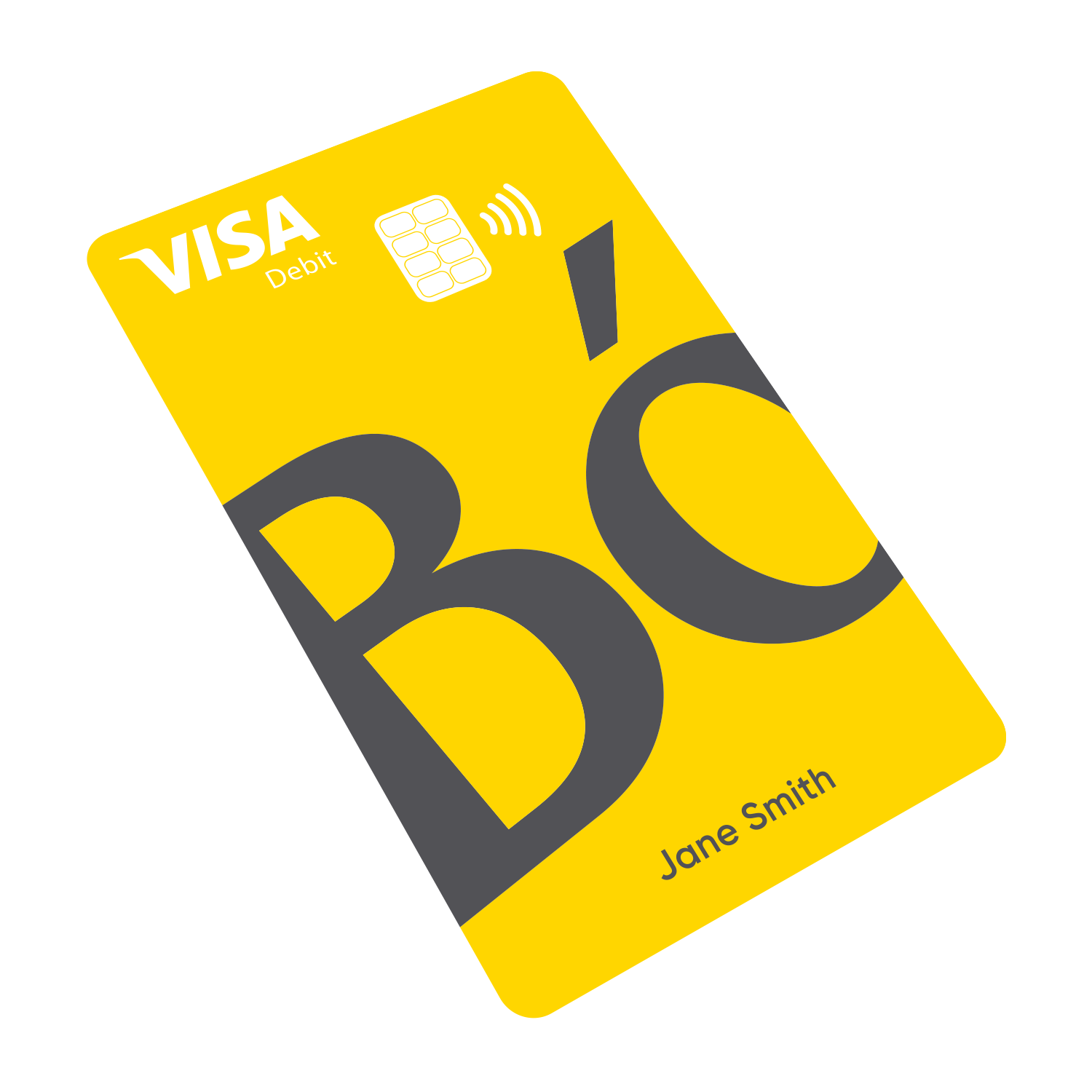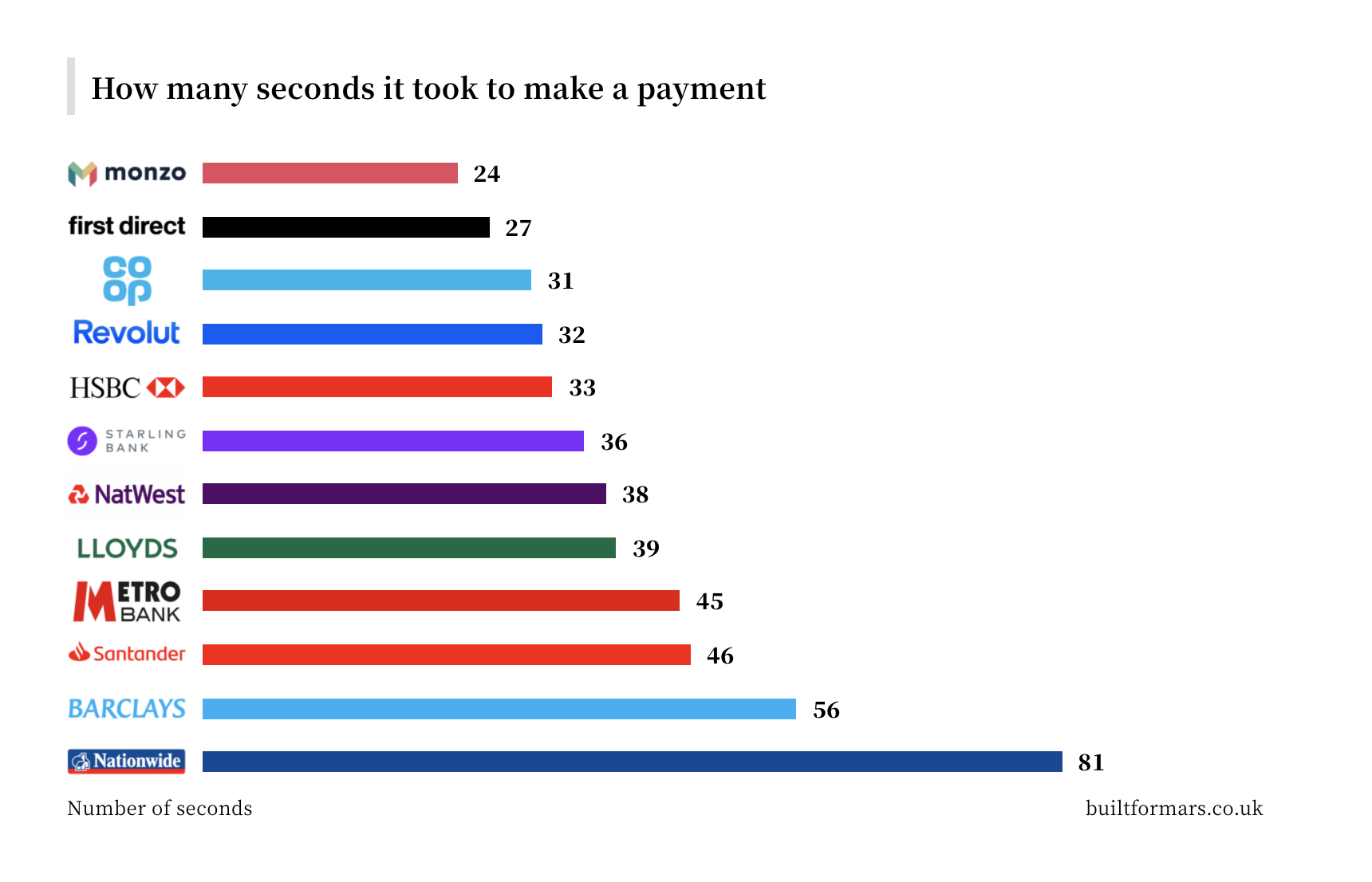UPDATE (26.06.20): The FCA has today suspended the UK entity of Wirecard Card Solutions (WCS). Sifted understands this is a precautionary action, but it could temporarily limit the capabilities of pre-paid cards powered by WCS. The story is developing.
***
European fintechs have faced a rollercoaster week since German payment group Wirecard announced it was unable to locate $2bn worth of cash in their trust accounts.
There have been whispers that the Wirecard scandal is emblematic of an over-hyped fintech market that has been given a free pass to side-step regulatory rigour, and will weaken the sector.
There have also been fears about possible disruption to Wirecard's fintech clients — which include Revolut, Pockit, Soldo and Curve — who rely on the German tech-darling for card issuance, account top-ups and other e-money services.
But a week later, it's suggested that Europe's fintechs should face little direct upheaval, even in the event of Wirecard collapsing.
This is because most fintechs clients operate under Wirecard Card Solutions (WCS) — an FCA-regulated, UK-based entity headquartered in Newcastle, rather than Munich-based Wirecard AG.
Although WCS sits inside the Wirecard group, WCS is an entirely independent subsidiary that has its own board, regulatory and accounting standards. WCS is also financially self-sufficient; it recorded a £2.5m pre-tax profit in 2018, according to Companies House Filings.
That means that in the worst-case scenario that Wirecard AG goes bust, WCS can continue operating as an issuer, says payments expert David Parker.
"No one is quite grasping it. Yes, they [WCS and Wirecard AG] share the same name. But they're not the same thing. They are separately regulated entities, so the WCS money is totally ringfenced. It's like an island surrounded by water," he told Sifted.
"With £2.5m in profit, you're not going to disappear off the face of the earth tomorrow... That's a decent buffer."
Administrators could choose to sell WCS off to a new parent company, but the UK company could remain intact. Fundamentally, WCS relies on the green light from the FCA as well as from Mastercard and Visa, who vetted WCS as an independent license-holder.
WCS also does not store users' funds on behalf of its fintech client — it only settles card payments. As such, consumers' money is ring-fenced in partner banks like Barclays*, so individual fintechs will not have their balances affected.
Sitting tight
Given these reassurances, most fintechs that Sifted spoke to are planning to continue their services with WCS as normal.
Among them is ANNA Money, a banking app for freelancers. The company told Sifted it was confident it could maintain "operational and business continuity" due to WCS's separation from Wirecard AG.
Swedish neobank P.F.C. also uses WCS and told Sifted that they "see no disruption likely to our customers" or their funds and was "closely monitoring the ongoing situation".
Moreover, the logistical difficulties involved in migrating away from WCS will be a factor in wanting to sit tight.
First, fintechs will need to break their contracts with WCS early. In addition, migrating card issuance in-house or to alternative providers like PrePay Solutions (PPS) and Marqeta is cumbersome and takes months.
"At scale, moving across [providers] is not trivial," says Niv Subramanian, a fintech consultant. She added that as a result, many larger fintechs already use multiple providers to defend against over-reliance on one party.
For its part, Wirecard claims it may have been the victim of third-party fraud and has fiercely defended itself against allegations it inflated sales in its overseas accounting for almost a decade.
Extra precautions?
Rational explanations only go so far however, meaning it's likely some fintechs will migrate away from WCS as a "precaution".
In particular, the perceived threat to fintechs could compel them to disassociate themselves from the Wirecard brand, says fintech angel-investor Chris Adelsbach.
"I’m sure current partners are concerned, and may be looking into alternative partners" despite the limited operational risk, he said.
Indeed, WCS-powered fintechs are already having to defend themselves to their users. For instance, the chief executive of Crypto.com — whose debit cards are powered by WCS — took to Twitter last week to explain to worried consumers that their funds were safe.
Meanwhile, insiders at Revolut say the company begun migrating away from Wirecard's various entities six months ago over concerns about the integrity of the wider group.
It's worth noting that WCS has also faced its own scrutiny, recently settling a private lawsuit in favour of the claimant. If WCS is hit by further fines or suffers defaults from creditors, it could arguably be vulnerable further down the line.
"Everyone in fintech should be completely on this. If not, they’re asleep at the wheel," one executive at a digital bank warned.
Nonetheless, Parker disagrees, arguing that any quick movements would be an overreaction.
“They’ll be a lot of panicking now. But [fintechs] need to have a better understanding of this," he told Sifted, urging that "we don't have all the information [yet]".
Parker also noted that although Curve — which he is an advisor for — is also formally migrating away from WCS next week, that has "nothing to do with" the earlier auditing allegations and was always part of the roadmap.
* This is standard practice under the Electronic Money Regulations 2011. WCS connects into schemes like Mastercard and Visa (called a BIN sponsor) but does not store the funds itself.
Note: A minority of fintechs use the principal Wirecard AG division for payment acquiring and overseas operations in the event of a hard-Brexit. The disruption of a Wirecard collapse would therefore be more acute here.



